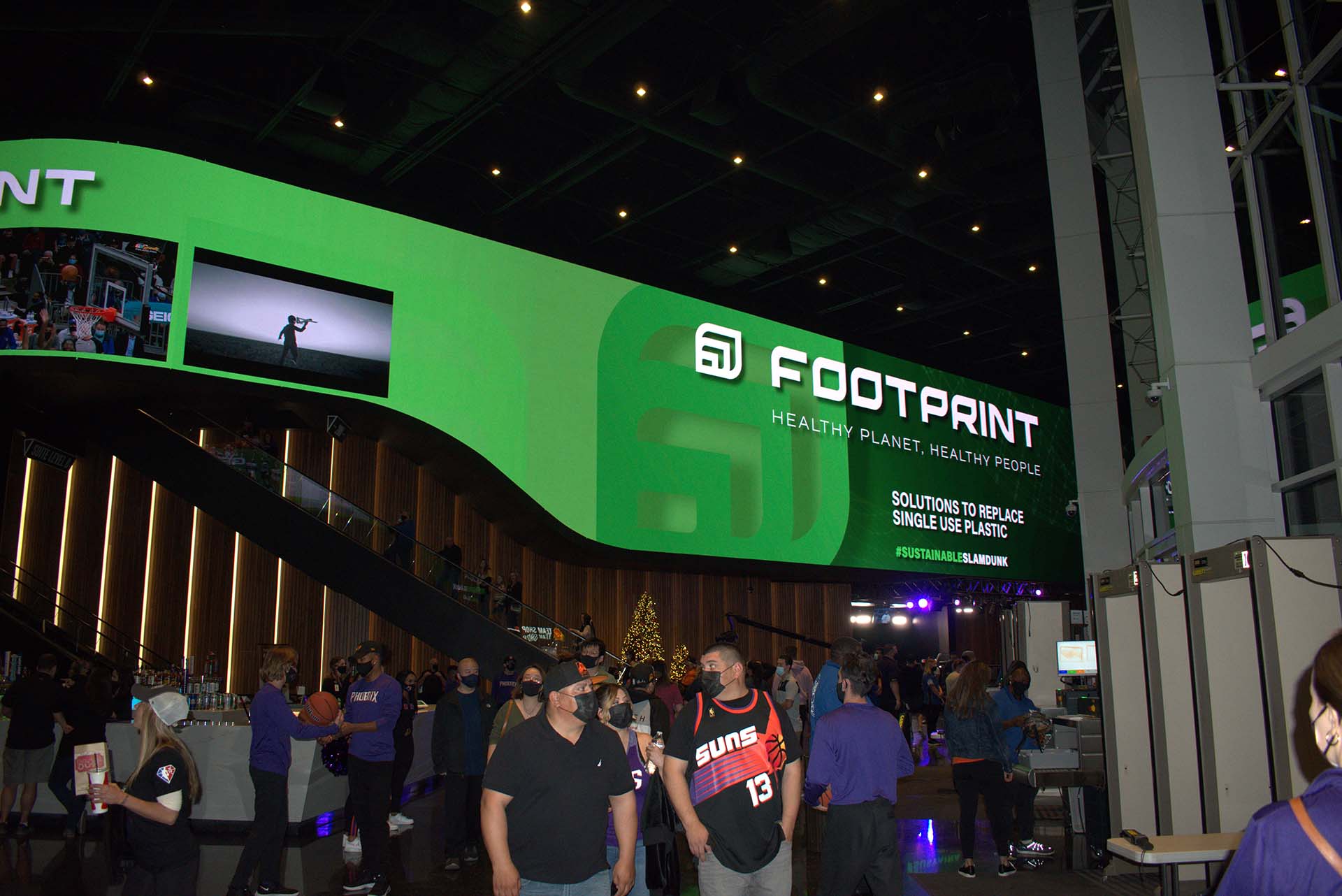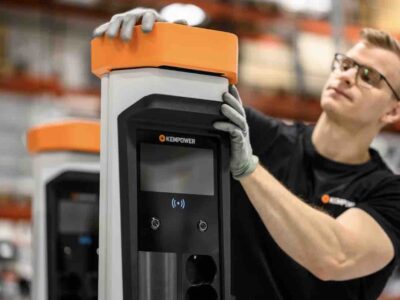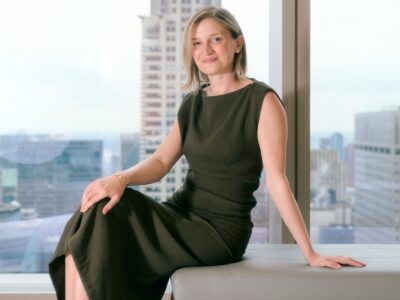As Arizona’s premier basketball organization, the Phoenix Suns have been a team of many surprises in the decades since the legendary Charles Barkley made his departure. Phoenix exploded onto a mid-2000s scene after acquiring Steve Nash from Dallas and hiring coach Mike D’Antoni. Despite relatively middling analyst expectations, the Suns went on to win 62, 54, 61, and 55 games from 2004 to 2008.
Thirteen years later, the team again rose to elite heights after signing veteran point guard Chris Paul, securing top-two playoff seeding before losing to the Milwaukee Bucks in the championship series. Each instance saw the franchise entering into the season with mediocre expectations, something used as a point of pride by players and fans alike.
The Suns’ recent ascendance has made room for a different subversion of expectations. After last summer’s successful season, the team announced an arena naming rights partnership with sustainability startup Footprint.
In a league where arenas are generally named after insurance companies, national banks and alternative currencies, Phoenix decided to promote the use of alternative packaging and further the sustainability movement within the food industry.
Team ownership says that this is just the beginning for the company and that the exposure will help augment an already growing business. “Over time, I think you’ll see they’re going to be a household brand,” said Suns owner Robert Sarver on Footprint’s changing status in the industry. “They are in a space that is very popular among investors and among corporations who are also trying to improve their environmental footprint.”
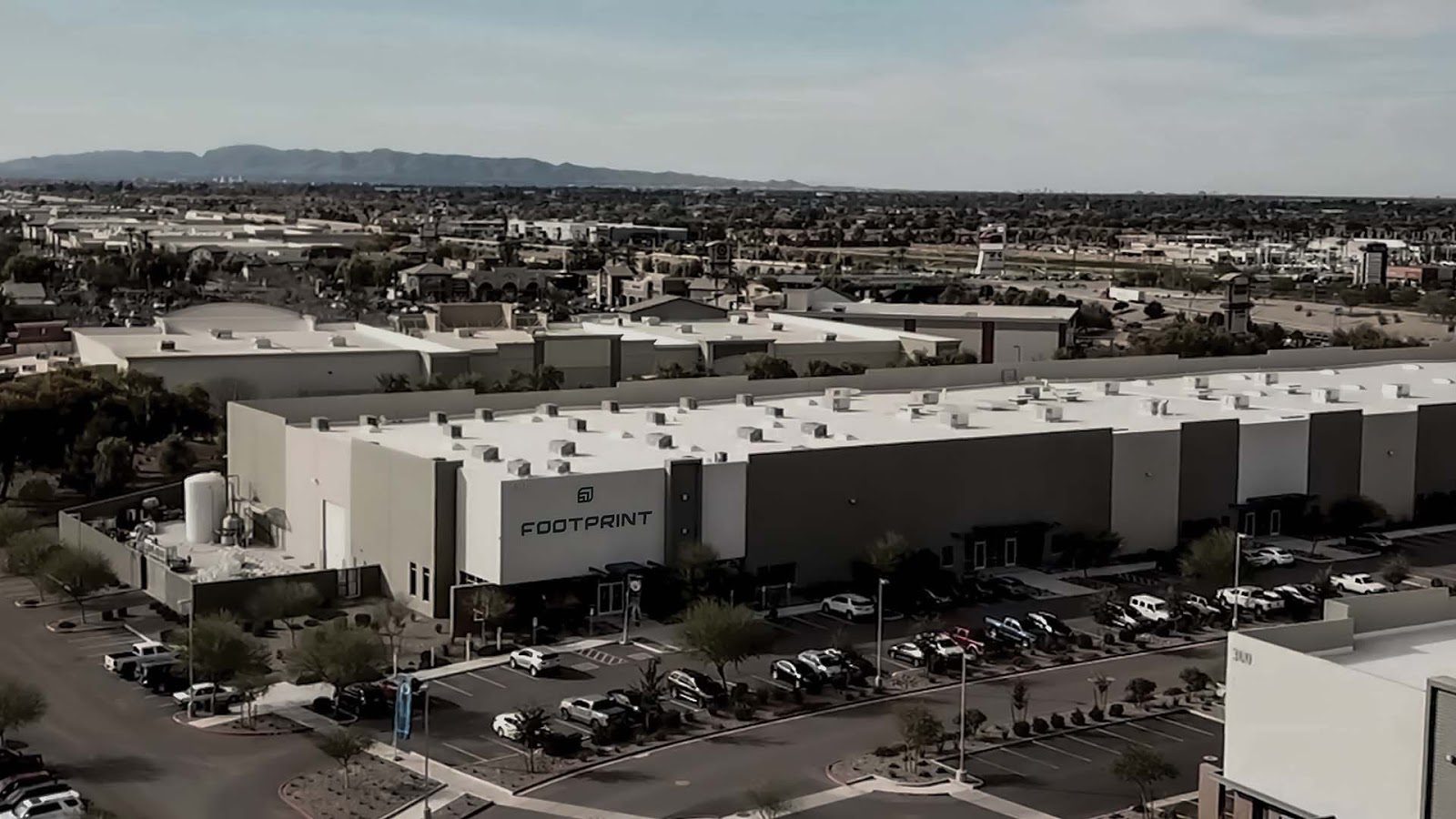
The company started on the idea that the overwhelming presence of plastic in our daily lives was due to the simple convenience of single-use packaging. Success would require developing a material that was just as versatile and came at a similar cost. “We knew we’d have to come in and compete with plastic right away,” said co-founder Troy Swope. “We also knew up front that if this thing represented a major premium, it wouldn’t have a big impact on the world.”
Since Swope and co-founder Yoke Chung came together in 2014, the company has grown to a whopping 2,600 full-time employees. Many came from Intel, following the path set out by both Swope and Chung eight years ago.
“We have over 100 engineers, and the core of that group is from Intel. It’s central to who we are — we’re not from the industry we’re disrupting,” said Swope of the trend. The increase in recruiting came after a successful last few years, where Footprint partnered with Kraft, McDonald’s, and more prominent sustainable brands like Beyond Meat. The company has raised roughly $500 million in funding.
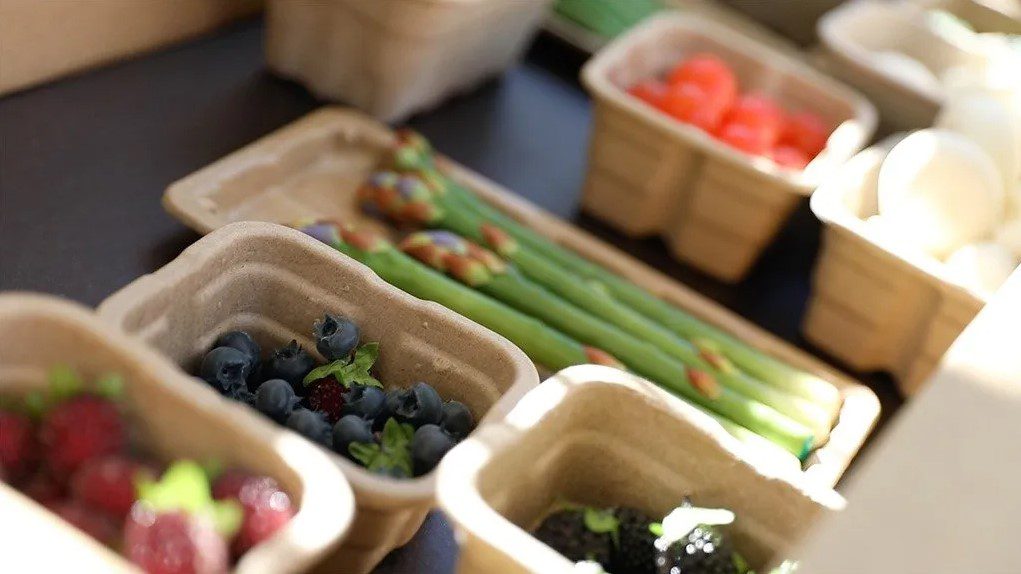
Footprint’s partnership with the Suns organization is expected to go beyond simply slapping the name onto the side of the building. “The idea is Footprint will create an innovation lab for us within our arena, and then we can take that and get other arenas throughout the world interested in doing the same thing,” Sarver stated.
Though the longtime franchise owner and Western Alliance Bancorporation chairman did not provide specifics, the idea was to test new Footprint packaging technologies in real-time, likely through concession sales during games and events. “ It’s one of the most unique partnerships in sports,” he said.

